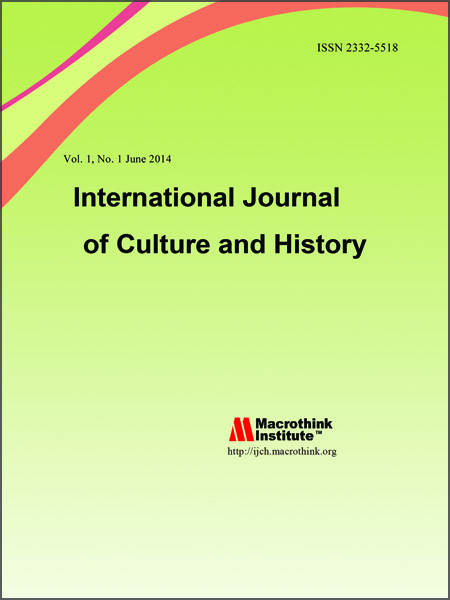The Technology Revolution of The Criminal Jurisdiction Process Without Paper
DOI:
https://doi.org/10.5296/ijch.v8i2.19035Abstract
The technological revolution for the Paperless Criminal Court Process is that in the development of evidence as regulated in the Criminal Procedure Code, it can no longer accommodate developments in information technology; this creates new problems. This problem causes the form of printed media to be shifted to digital media (paperless). This shift makes a significant change in crime using computers because evidence of a crime that will lead to a criminal event is in electronic data. Either on the computer itself (hard disk/floppy disc) or printed out or in another form in the form of a trace (path) of a computer user activity. The judge is not related to the correctness of conformity embodied on the instructions as evidence because electronic evidence cannot stand alone to prove the defendant's guilt. Therefore, it needs to be supported by other evidence.

